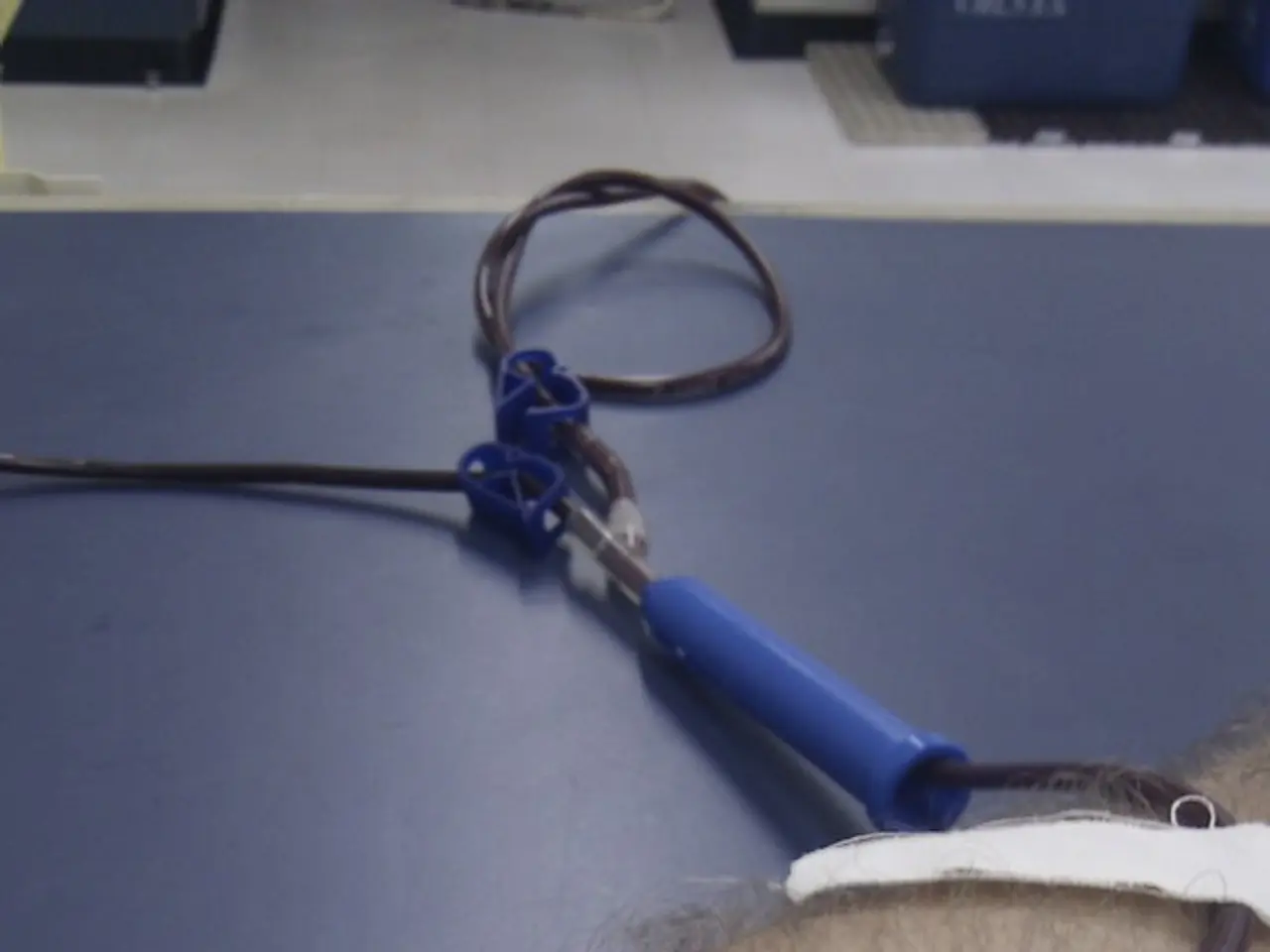Debate over Organ Donation: Should Individuals Opt-In or Governments Opt-Out?
Organ donation policies worldwide show a significant difference, with the debate centering around opt-in versus opt-out systems. In an opt-in system, individuals must actively sign up to donate their organs post mortem, while opt-out systems imply automatic donation unless explicitly requested otherwise.
Prof. Eamonn Ferguson, a researcher from the University of Nottingham, UK, explains the potential challenges with both systems: "People may procrastinate due to various reasons like loss aversion, lack of effort, and trust in policy-makers' decisions." An inaction in an opt-in system could result in potential donors not taking part (a false negative), whereas inaction in an opt-out system might lead to an unwilling donor becoming one (a false positive).
Currently, the US applies an opt-in system. Last year, around 28,000 transplants were conducted thanks to organ donors. Regrettably, approximately 18 people die daily due to insufficient donated organs.
Researchers from the Universities of Nottingham, Stirling, and Northumbria scrutinized the organ donation systems of 48 countries over a 13-year period, with 23 utilizing an opt-in system and 25 employing an opt-out system. Their findings revealed that countries adhering to opt-out policies had higher deceased kidney donations – an organ in highest demand by those on organ transplant lists. Opt-out systems also presented greater overall organ transplant numbers.
Interestingly, opt-in systems boasted a higher rate of living kidney donations. This influence of policy on living donation rates, according to Prof. Ferguson, has not been previously reported. The researchers admit their study was limited as it did not account for varying degrees of opt-out legislation, and other factors influencing organ donation remained unassessed.
The researchers suggest that their results may be utilized to inform policy decisions in the future, but they emphasize the need for routine international organ donation data collection and public availability. They propose further studies focused on individual perspectives and beliefs to gain a deeper understanding of consent legislation's influence on organ donation rates.
While opt-out policies boost deceased donation, they could potentially lessen living donor numbers, maintaining total transplantation rates. Notably, countries employing opt-out consent still face donor shortages, indicating that a sheer policy change may not solve this issue entirely. They suggest considering changes to consent legislation or adopting elements of the "Spanish Model," known for its high organ donation rates, which can be attributed to measures such as a nationwide transplant coordination network and enhanced public organ donation information.
Recently, the question of using animal organs for human transplants has resurfaced as a potential solution to the organ shortage or one that needs to be addressed through changes in organ donation policy. Interesting, isn't it? Keep an eye out for more updates on this topic and others in the world of organ donation.
Written by James McIntosh.
- The contextual difference between opt-in and opt-out organ donation systems creates a ongoing debate worldwide.
- Professor Eamonn Ferguson, from the University of Nottingham, UK, discusses potential issues with both systems.
- Procrastination due to diverse reasons like loss aversion, lack of effort, and trust in policy-makers' decisions might cause inaction in opt-in systems.
- In an opt-out system, inaction could lead to unwilling donors.
- The US currently uses an opt-in system, and around 28,000 transplants occurred last year due to organ donors.
- Regrettably, almost 18 people die daily in the US due to insufficient donated organs.
- Researchers from Nottingham, Stirling, and Northumbria universities analyzed organ donation policies in 48 countries over a 13-year period.
- 23 countries utilized an opt-in system, and 25 countries employed an opt-out system in their study.
- Countries with opt-out systems showed higher deceased kidney donations, as well as greater overall organ transplant numbers.
- Opt-in systems had a higher rate of living kidney donations, a phenomenon that had not been previously reported.
- Researchers acknowledge limitations in their study, such as the absence of accounting for varying degrees of opt-out legislation and unassessed factors affecting organ donation.
- Research outcomes could help inform future policy decisions, but authoritative international organ donation data collection and public availability are essential.
- Additional studies focusing on individual perspectives and beliefs are needed to understand the impact of consent legislation on organ donation rates.
- While opt-out policies enhance deceased donation, they may reduce living donor numbers, maintaining total transplantation rates.
- Even countries with opt-out consent still encounter donor shortages, suggesting that a policy change alone may not entirely solve the issue.
- considering changes to consent legislation or adopting elements of the "Spanish Model" could help increase organ donation rates.
- The "Spanish Model" attributes its high organ donation rates to a nationwide transplant coordination network and increased public organ donation information.
- Animal organs for human transplants have emerged as a potential solution to the organ shortage or a topic that necessitates further examination through changes in organ donation policy.
- The world of organ donation is filled with ongoing discussions and evolving science.
- Science’s advancement in the field of organ donation, such as Sweden's paired exchange donation program, aims to increase the number of available organs for transplant.
- Paxlovid, a new antiviral drug, shows promise in its ability to protect high-risk individuals from severe COVID-19 and potentially enable organ donation.
- Transplant recipients' mental health concerns are prevalent, and workplace-wellness programs could help address these issues.
- Medical conditions like chronic diseases, cancers, respiratory conditions, and digestive health issues may impact an individual's ability to work and their overall wellbeing.
- Good eye-health, hearing, and skin-care are critical for maintaining overall health-and-wellness.
- Fitness-and-exercise, sexual-health, and nutrition are essential aspects of health-and-wellness that contribute to weight-management and cardiovascular health.
- Automimmune-disorders, environmental-science, and neurological-disorders are fields requiring continuous research to develop better therapies-and-treatments.
- Climate-change, manufacturing, finance, energy, and real-estate industries must address their roles in environmental degradation.
- Mental-health and mens-health are often overlooked topics that need more attention for better public understanding and reducing stigma.
- Womens-health and parenting share an intricate relationship, with women balancing their personal and professional lives.
- Focusing on health-and-wellness, fitness-and-exercise, meditation, and self-care are integral parts of maintaining mental-health and productivity in the workplace.
- The shift towards venture-capital, private-equity, technology, and fintech has influenced small businesses, creating opportunities for innovation and growth.






